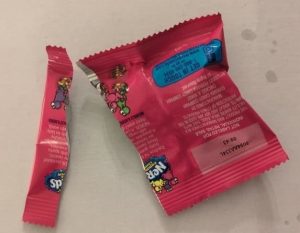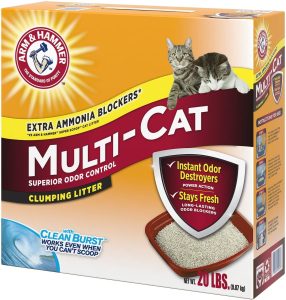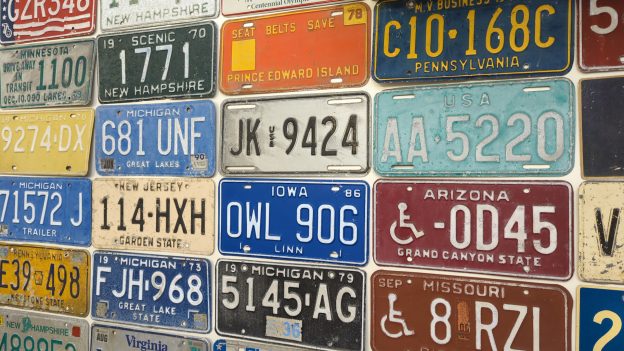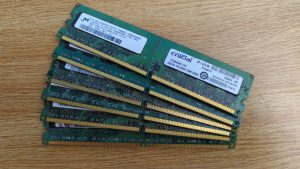I’ve been thinking about this common waste object since Halloween: candy wrappers.

In the weeks following Halloween, it’s tough to walk around any semi-residential area without spotting lollipop wrappers, squished chocolates, and tiny cardboard Nerds boxes.
One of the simplest ways Douglas frames the concept of dirt is “matter out of place” (pg. 36). When the candy is eaten, the empty wrapper belongs in its designated place, which is an appropriate garbage receptacle. Leaving it anywhere else is disrupting the order of the universe! Seeing this wrapper on the ground in the center of a sidewalk is wrong, but seeing it on the ground in a dumpster or landfill would be acceptable.
Another interpretation of dirt could be matter that may pose hygienic or pathological harm to us. This wrapper itself is seemingly innocuous, as someone trusted its manufacturing process and food cleanliness standards enough to consume its contents. If this wrapper were handed to me alongside a crumpled ball of printer paper, I would most likely trust the cleanliness of the paper before this wrapper. Maybe it’s the knowledge that food once existed in it, or that someone’s mouth may have been pressed against it to lick out the last crumbs. Why is my mind brought to food again in this example? I’m absolutely certain that, of the 500 inorganic lab-synthesized chemicals compromising the candy’s ingredients, 499 of them are high-strength preservatives that would render the candy sterile even after a nuclear meltdown at the Nerds WonderFactory. Any type of food just seems to carry this aura of potential disease.




